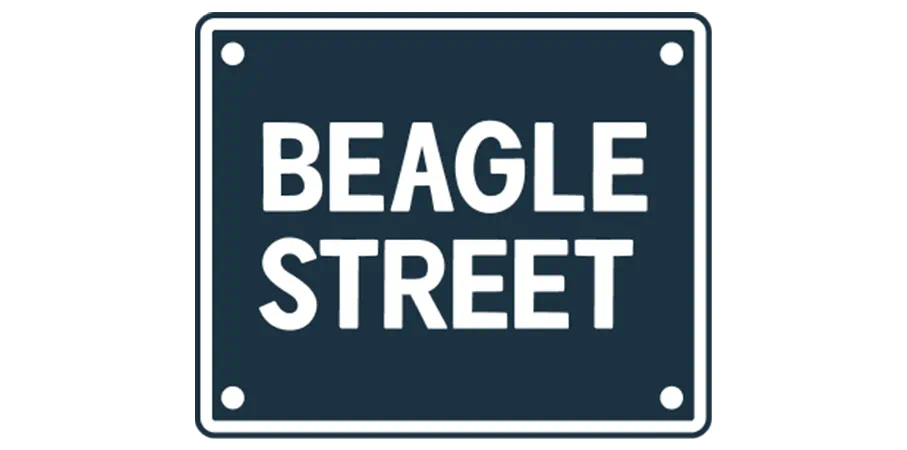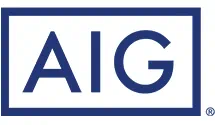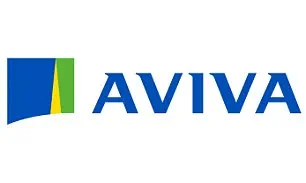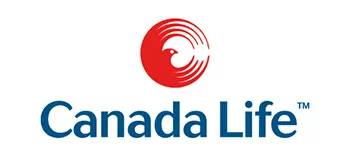Inflation eating your savings?
How to benefit from tax reliefs in the current financial year
As your income increases, the complexity of your finances may too. Tax-efficiency is a key consideration when investing because it can make such an enormous difference to your wealth and quality of life.
However, the type of investment and tax-efficiency you should be looking for depends firstly on whether your priority is to save a lump sum for the future, or to draw an income today.
There are a number of allowances and reliefs available to UK taxpayers on their savings and investments. It is important to make use of these, as they can help to reduce your overall tax bill.
Maximise your ISA allowance
If you’re looking to save money on your taxes, if you’re a UK resident one way to do so is by contributing to an Individual Savings Account (ISA). With an ISA, you can shelter up to £20,000 of your income from taxation in the 2022/23 tax year.
Stocks & Shares ISA
If you’re looking to maximise your ISA allowance in this current tax year, you could consider opening a Stocks & Shares ISA. With a Stocks & Shares ISA, you can invest in a wide range of assets, including shares, corporate and government bonds, unit trusts, investment trusts, exchange-traded funds, individual stocks and shares and OEICs (Open Ended Investment Companies). Not only will your investment grow tax-efficiently, you’ll also benefit from the potential for capital gains.
Cash ISA
Another option is to open a Cash ISA. With a Cash ISA, you can earn interest on your savings without having to pay any tax on the interest earned. This makes it an ideal way to boost your savings while minimising your tax liability. A Cash ISA is available to anyone aged 16 or over, while an ISA invested in any combination of cash and shares is available to those over the age of 18.
Lifetime ISA (LISA)
If you’re looking to save for retirement, you may also want to consider opening a Lifetime ISA (LISA), which is available for people aged between 18 and 40. With a Lifetime ISA, you can save up to £4,000 in the current tax year. The government will add a 25% bonus to savings held in a LISA, up to a maximum of £1,000 per year, and this doesn’t count towards your ISA allowance.
The money saved in a LISA can be used
for a wide range of purposes, including buying your first home or saving for retirement. It’s also important to note that any withdrawals from the LISA that are not put towards purchasing a first home before the age of 60 will incur a penalty of 25% of the value
of the withdrawal — therefore losing the interest applied.
You need to bear in mind that the money you put into a LISA each year forms part of your overall £20,000 ISA allowance — so if you put £4,000 in a LISA during the tax year, you’ll be able to put £16,000 into other existing ISAs.
Junior ISA (JISA)
Finally, if you have children, you may want to consider opening a Junior ISA (JISA) for them. The Junior ISA is available to UK residents aged under the age of 18 who do not have a child trust fund account. Under-18s, or their parents can put up to £9,000 in a Junior ISA each tax year. The money saved in a Junior ISA will grow tax-efficiently and can be used for a wide range of purposes, including education and training costs.
If unused, your ISA allowance cannot be carried from one tax year to the next.
Consider putting more into a pension
If you’re a UK resident there are a number of reasons to consider putting more into your defined contribution pension. One is that the tax relief on your contributions are very generous. Another is that, if you are a higher rate taxpayer, you receive additional relief on your contributions. But some high earners should be aware that their annual allowance may be reduced.
Under the current rules for tax year 2022/23 the maximum contributions which are eligible for tax relief is the lower of your gross income and £40,000 including tax relief. Increasing your pension contributions is a very effective way of saving for retirement. By putting more into your pension, you will be able to build up a larger pot of money which can provide you with a comfortable retirement income.
Making the most of retirement prospects
It is also worth considering increasing your pension contributions if you have recently had a pay rise or come into some extra money. By doing this, you will ensure that you are making the most of your finances and making the most of your retirement prospects. You can also carry forward unused annual allowances from the previous three tax years, subject to certain rules, providing further scope for making contributions.
If you earn over £100,000, making pension contributions can be highly advantageous. Your personal allowance is reduced by £1 for every £2 of income above £100,000; this means your allowance is zero if your income is £125,140 or above. However, if you make a pension contribution, you are able to offset the reduction in your personal allowance.
A PENSION IS A LONG-TERM INVESTMENT NOT NORMALLY ACCESSIBLE UNTIL AGE 55 (57 FROM APRIL 2028 UNLESS PLAN HAS A PROTECTED PENSION AGE). THE VALUE OF YOUR INVESTMENTS (AND ANY INCOME FROM THEM) CAN GO DOWN AS WELL AS UP WHICH WOULD HAVE AN IMPACT ON THE LEVEL OF PENSION BENEFITS AVAILABLE. YOUR PENSION INCOME COULD ALSO BE AFFECTED BY THE INTEREST RATES AT THE TIME YOU TAKE YOUR BENEFITS.
THE TAX IMPLICATIONS OF PENSION WITHDRAWALS WILL BE BASED ON YOUR INDIVIDUAL CIRCUMSTANCES, TAX LEGISLATION AND REGULATION WHICH ARE SUBJECT TO CHANGE IN THE FUTURE. YOU SHOULD SEEK ADVICE TO UNDERSTAND YOUR OPTIONS AT RETIREMENT.
THE VALUE OF INVESTMENTS AND INCOME FROM THEM MAY GO DOWN. YOU MAY NOT GET BACK THE ORIGINAL AMOUNT INVESTED. PAST PERFORMANCE IS NOT A RELIABLE INDICATOR OF FUTURE PERFORMANCE.













